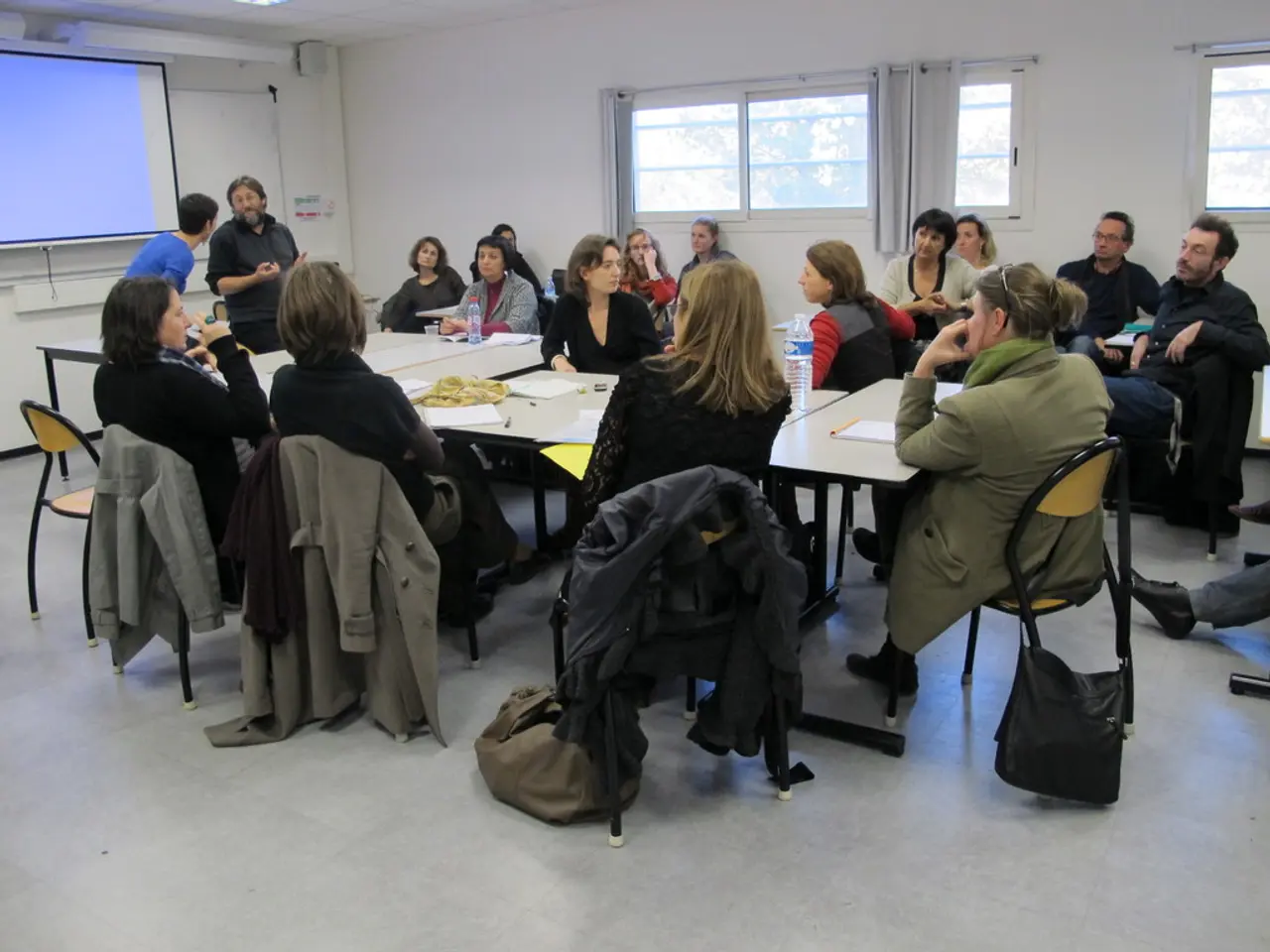Essential Competencies for the Workplace
Public health research often paints a picture of bubbling chemicals and expensive technical equipment, but this is not the whole story. In reality, success in research environments, particularly in public health, requires a combination of technical, interpersonal, and management abilities.
At the heart of public health research lies the need for **research and analytical skills**. The ability to collect data from credible sources, synthesize information, perform statistical analysis, and draw actionable insights is fundamental. This allows researchers to understand public health issues, identify trends, and design effective interventions.
**Communication skills** are equally important. Both verbal and written communication are crucial. Researchers must convey complex research findings clearly to diverse audiences, write reports, create educational materials, and engage stakeholders across different cultures and demographics. Effective communication also involves public speaking and active listening.
**Project management** is another key skill. Planning research projects, delegating tasks, managing budgets and timelines, monitoring progress, and evaluating outcomes are essential to ensuring projects are completed successfully and meet their objectives.
**Problem-solving and critical thinking** are vital in research. Researchers need to approach challenges confidently, analyze epidemiological data, interpret results, assess program outcomes, and make evidence-based decisions to address health issues effectively.
**Cultural competence and community engagement** are particularly important in public health. Understanding cultural contexts and building trust within communities are vital. Researchers often serve as cultural and linguistic bridges, helping to translate research concepts, dispel misinformation, and foster participation in research studies.
**Leadership and management** are essential skills that influence the success of public health initiatives. Leading teams, coordinating efforts across organizations, inspiring collaboration, and navigating crises are all part of the role.
**Attention to detail and time management** underpin quality research outcomes. Ensuring accuracy in data collection and analysis, as well as efficient use of time and resources, is crucial.
Training programs that enhance these skills not only improve individual capabilities but also strengthen the connection between research and community priorities, empowering researchers to advocate effectively and support lasting health improvement.
Princeton University, a research university, offers courses like "GEO/WRI 201", a course on scientific research and writing, to equip students with these essential skills. Details about the course can be found in "Research-based Courses". Princeton faculty and students engage in research, and information about how to get involved with lab-based research at Princeton can be found in "How to Get Involved with Lab-Based Research at Princeton".
Stanley Stoutamire Jr., the Social Sciences Correspondent, highlights these skills in his articles published in the blog named "News". His articles are published in the blog's section named "Looking Back and Looking Ahead". Keeping track of data and work progress is important for the project as a whole, and staying organized is essential during the research experience. Patience is crucial as unexpected issues may arise, and adapting in responsive and creative ways is important when faced with these issues.
Details about the Junior Paper (JP) can be found in "Junior Paper (JP)". Independent research is required for Princeton students to graduate, and asking questions for clarification is important in the research process. These skills, when combined, contribute to meaningful community engagement and impactful health interventions.
In the realm of public health research, effective learning includes not only acquiring research and analytical skills but also honing communication skills, such as writing reports and explaining complex findings to diverse audiences. Additionally, personal-growth opportunities can be found in courses like Princeton University's GEO/WRI 201, designed to enhance skills like project management, problem-solving, and cultural competence, key elements for successful education-and-self-development and personal-growth in a research setting.




